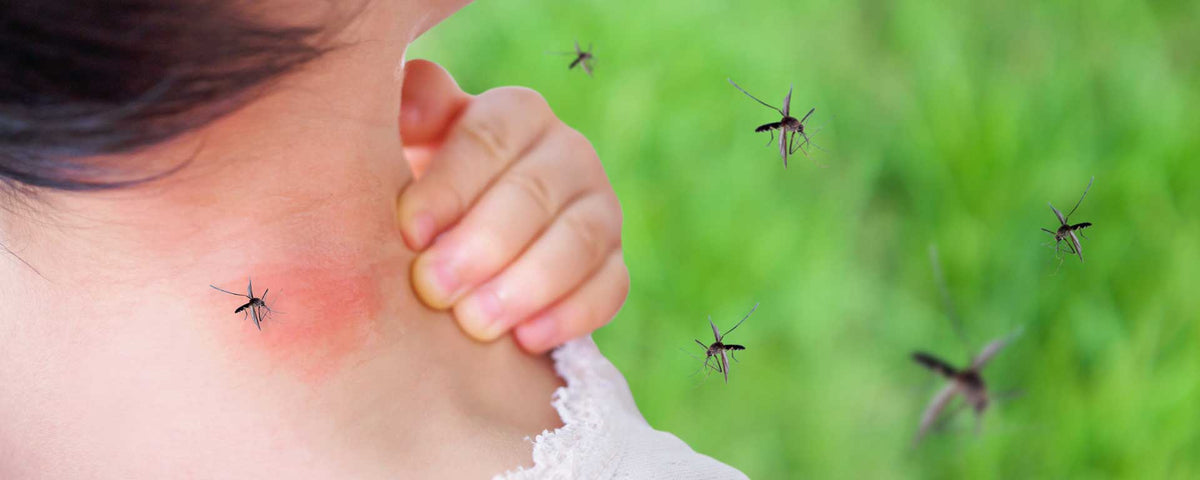
Introduction
Summer nights spent outdoors can be magical, but for some, they come with an unwelcome visitor - mosquitoes. Have you ever wondered why certain individuals seem to be mosquito magnets, while others barely get a nibble? The science behind mosquito attraction is a fascinating blend of genetics, biology, and even personal habits. In this blog, we will explore the reasons why some people are more prone to getting bitten by mosquitoes than others.
Genetic Predisposition
One of the primary factors influencing mosquito attraction is genetics. Studies have shown that genetics play a significant role in determining an individual's susceptibility to mosquito bites. Certain genes influence the production of chemicals, like lactic acid and ammonia, that are emitted through our skin, making some people more attractive to mosquitoes.
Carbon Dioxide Emission
Mosquitoes are highly sensitive to carbon dioxide (CO2) emissions, which humans naturally release when they exhale. Larger individuals and those who engage in activities that increase their metabolic rate, such as exercising, tend to produce more CO2. Consequently, they become more visible and appealing to mosquitoes, drawing them in for a potential feast.
Body Odour and Sweat
Mosquitoes are attracted to the various scents produced by our bodies, including body odour and sweat. The bacteria on our skin break down sweat into compounds that attract mosquitoes. Individuals with a higher abundance of certain bacteria on their skin may be more attractive to these pesky insects.
Blood Type
Believe it or not, your blood type could influence your attractiveness to mosquitoes. Research suggests that individuals with Type O blood are more likely to be bitten compared to those with Type A or Type B blood. The reason behind this phenomenon remains unclear, but it adds another layer to the complexity of mosquito attraction.
Pregnancy and Metabolism
Pregnant women often find themselves at the centre of mosquito attention. This is due to the increased metabolic rate, body heat, and the higher levels of carbon dioxide emitted by pregnant women. Additionally, the change in hormonal levels during pregnancy may contribute to an increased attractiveness to mosquitoes.
Lactic Acid and Uric Acid
Mosquitoes are drawn to the scent of lactic acid, which is produced when we exercise or engage in physical activities. Additionally, the presence of uric acid in sweat has been linked to increased mosquito attraction. These compounds are more prevalent in some individuals, making them more prone to mosquito bites.
Clothing Choices
Believe it or not, the colour of your clothing can impact your likelihood of being bitten. Mosquitoes are attracted to dark colours, so wearing lighter clothing may help reduce your attractiveness to these pests. Additionally, tight-fitting clothing can make it easier for mosquitoes to reach your skin.
Conclusion
While it may feel like some individuals are destined to be mosquito magnets, understanding the science behind mosquito attraction can help mitigate the risks. Whether it's genetic predisposition, metabolic rate, or even the colours you wear, there are steps you can take to minimise your appeal to mosquitoes. From using insect repellent to choosing the right clothing, arming yourself with knowledge is the first step towards enjoying those warm summer nights without becoming a mosquito's favourite meal.
